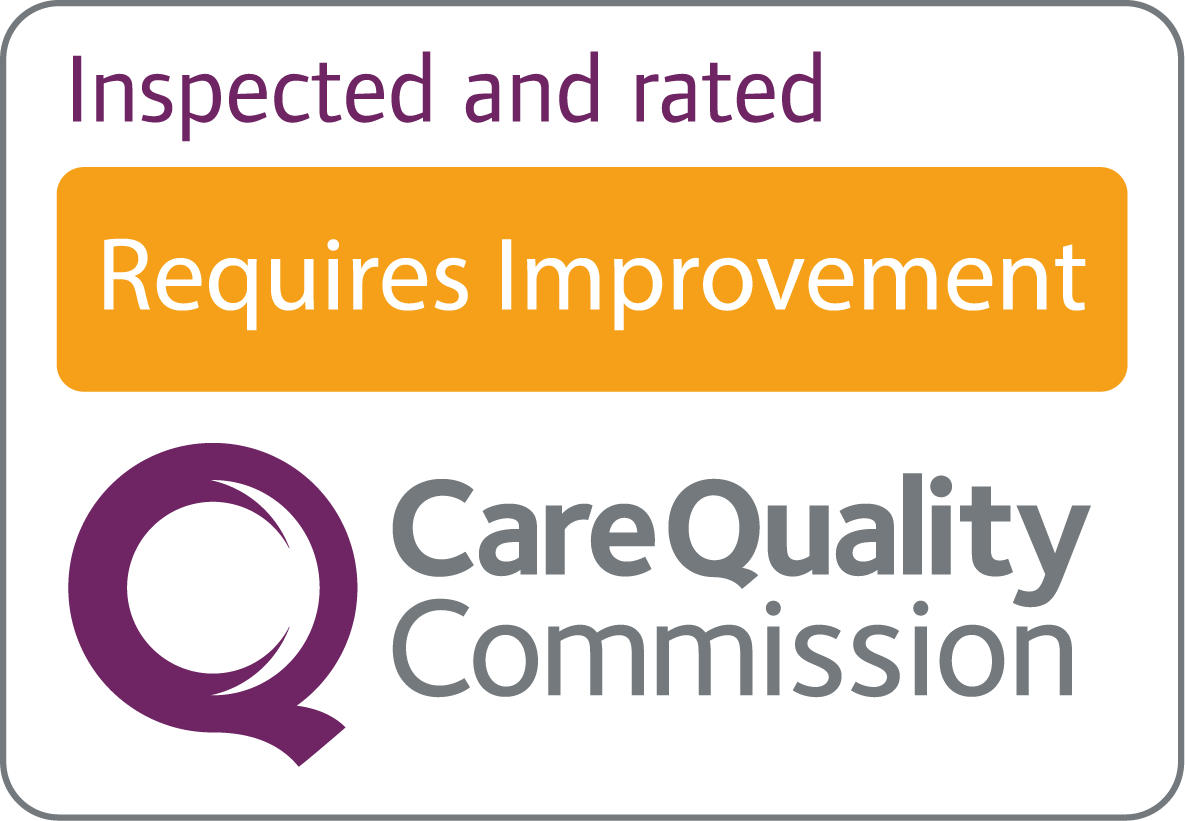What is out-of-hours care?
We understand that emergencies call for immediate care no matter the time. That is why we provide out-of-hours services to you when you need professional healthcare.
When you experience symptoms that are hard for you to manage, you can contact us to come to your aid even when you are worried or need reassurance. We commit to you as soon as possible to help better the situation.
When to call out-of-hours care
It is advisable that you contact out-of-hours services when you need urgent help from a healthcare professional. Afterwards, give them a description or details that can help them serve you wholly.
When you experience symptoms that are hard for you to manage, you can contact us to come to your aid even when you are worried or need reassurance. We commit to you as soon as possible to help better the situation.
If there’s an emergency at any time, call 999 for an ambulance.
How do I contact out-of-hours care?
You may have been given a specific number to call – for example, to reach the district nurse or community nursing team. If you haven’t, you can use the numbers below.
If you live in England, you can call the GP surgery, where you’ll usually be directed to an out-of-hours service. You can also call 111.
If you live in Scotland, call 111.
If you live in Wales, you can call the GP surgery, where you’ll usually be directed to an out-of-hours service. You can find the number for your local out-of-hours service from NHS Whales. You can also call NHS Direct Wales on 0845 46 47 or 111, depending on where you live.
The 111 helpline is open 24 hours a day, seven days a week. They can connect you to a nurse or GP as necessary. It’s available in England, Scotland and some parts of Wales.
If you live in Northern Ireland, call your GP surgery, where you’ll be directed to an out-of-hours service. You can also find the number for your local out-of-hours service from indirect.
What to expect
When contacting an out-of-hours service, you will be asked some questions by an adviser in order for them to assist you. Questions might be frustrating, therefore try to give as much detail as you can.
They can decide to call you back or arrange an immediate home visit from a specialist, they will also provide you with advice and help to answer any questions you may be having.
For treatment, they can direct you to an NHS walk-in centre or an urgent care centre. Depending on the condition, the treatment can also be directed to the accident and emergency department (A&E) at your hospital. NHS 111 can also send an ambulance if needed.
Will I have to be taken to the hospital?
Depending on the issue, the decision of going to the hospital isn’t really permanent; however, to receive the right care, the out-of-hours service can advise you to go to the hospital.
You can let your worries be known so that if you prefer receiving care from home, the healthcare professional can arrange this. A care plan will also help with this situation.
Out-of-hours medicines
It is possible to run out of medicine. The GP surgery could also be closed or far from home, this is where a prescription comes in handy. You can use it to get the medicine from a pharmacy and add on to your dose.
If a prescription is not available, an NHS walk-in centre can be able to provide you with assistance. An out-of-hours GP can also be availed for you for consultation by the out-of-hours service and you can let them know what happened.
Home medicine-management
We would all prefer an easier way that doesn’t involve hospital visits, managing the symptoms you have at home will go a long way in providing you with comfort as you follow a healthcare’s advice.
There are several ways of handling medicines at home
- Using a syringe driver. It is used to pump medication at a rate that is constant through a fine needle or plastic tube under the skin.
- A doctor can also advise on or provide ‘just in case’ medication such as medications for injection. These types of medication can be used for things such as pain, nausea, agitation or vomiting.
- A nurse can also come to your home and administer the medicine to you
Overnight nursing care from Tehy Care
Tehy Care specialises in care for people living with a terminal illness. A Tehy Care Healthcare Assistant or Nurse may be able to visit to take care of your friend or family member. They can help by giving medication for symptoms, giving emotional support and letting you have a chance to get some rest. This kind of care is not an emergency service and is usually organised in advance. It’s not available in all areas of the UK – ask your GP or nurse whether the Tehy Care Service is available in your area and whether they can organise it for you.
Marie Curie also has a rapid response service available in some areas. If there is one in your area, the district nurse or GP may arrange for them to visit. They may come to your home and give you medications. If a rapid response team operates in your area, they may give you their contact number.




